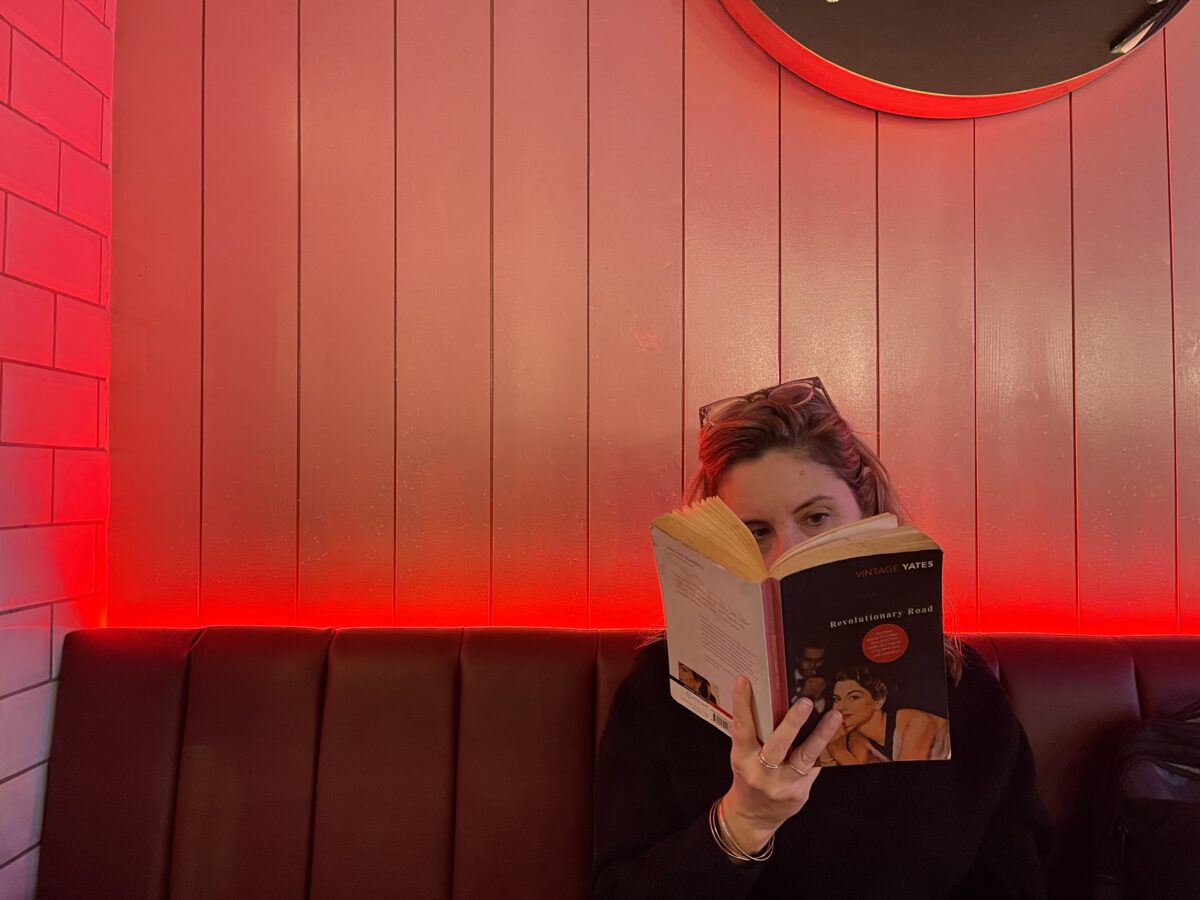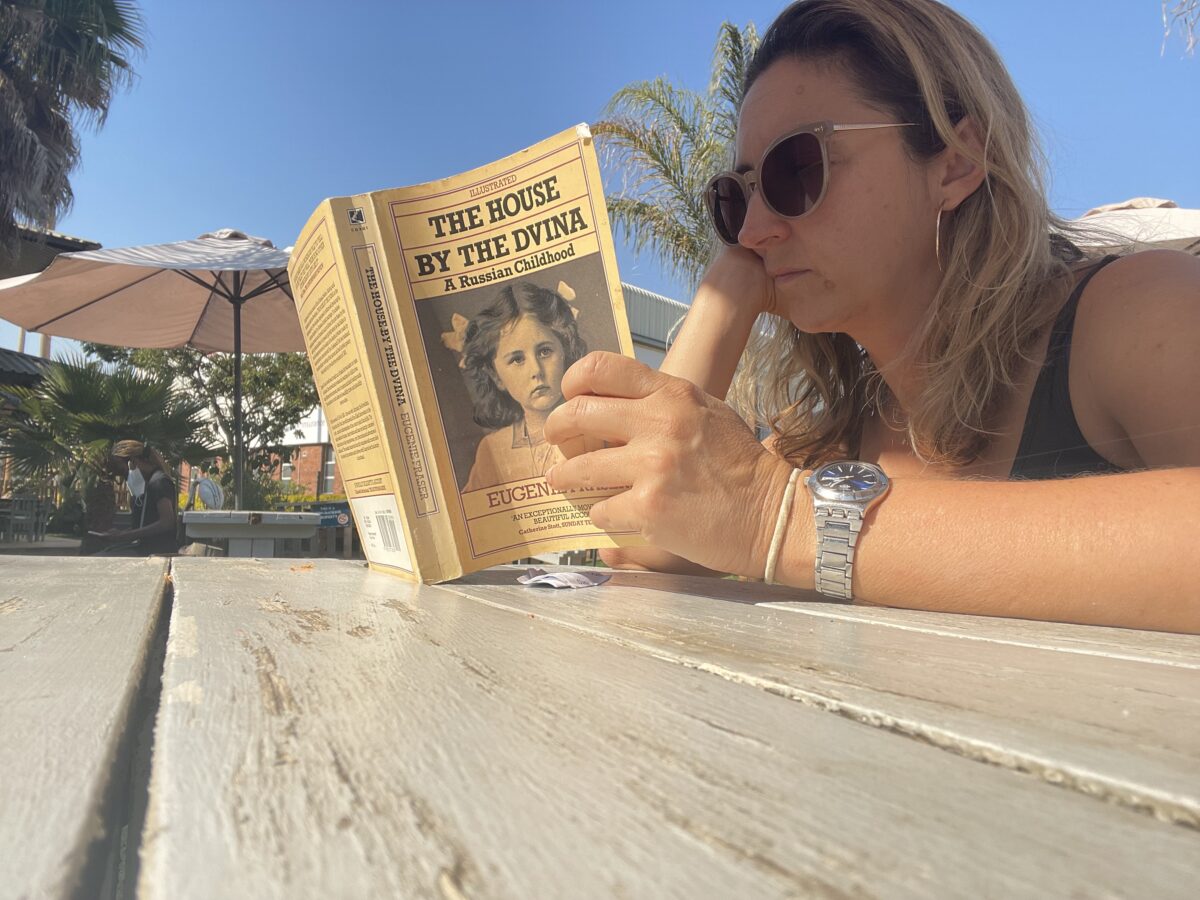I always heard this book was about an unhappy marriage. In reality, it’s about the importance of legal abortion. It tells the story of a young man in 1950s America of whom everyone expects great things, himself included. He is not too sure what these things are, and certainly doesn’t work on anything in particular, and so ends up long-term in an office job he started as a stop gap. So far, this is pretty much the story of 50% of humanity.
In this case it gets really out of hand because his girlfriend gets pregnant. She wants to abort but he makes a big production about it so she doesn’t. They move to the suburbs, which they both regard as a sign of failure. Then she has another child. She tries to convince him to move to Europe, and begin the life they dreamed of (she will work while he becomes great). He is terrified at being given the chance to actually live the life he talks about so much, and so when she becomes pregnant again, and obviously wants to abort as that will end their plans, he talks her out of it again. They don’t move to Europe, their marriage implodes, and this poor woman tries to give herself an abortion at home. She dies. I can only say one more time: THANK YOU FEMINISM.
Side point, please enjoy this description, a warning to us all:
Howard Givings looked older than sixty seven. His whole adult life had been spent as a minor official of the seventh largest life insurance company in the world, and now in retirement it seemed that the years of office tedium had marked him as vividly as old seafaring men are marked by wind and sun.










